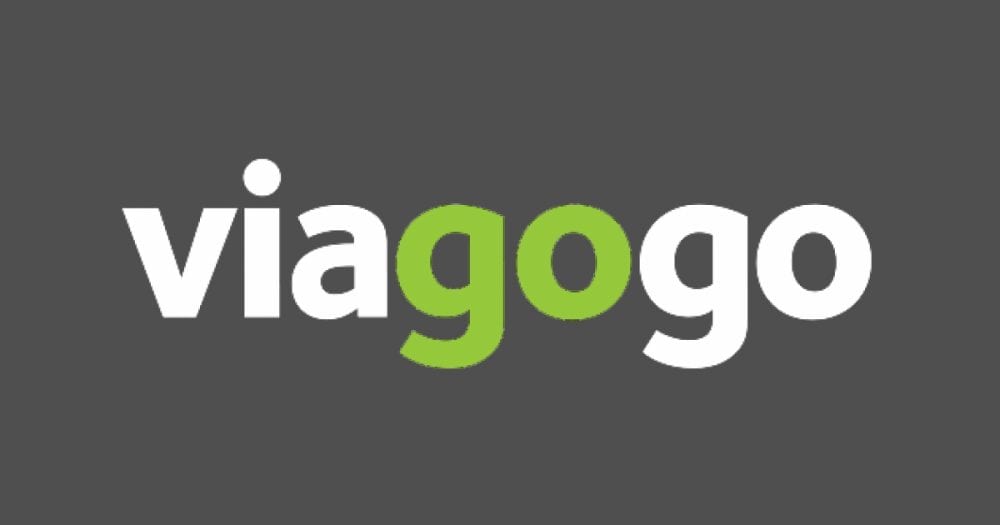Viagogo has agreed to fall in line with new marketplace rules agreed to earlier in 2018 by other ticket resale marketplaces operating in the United Kingdom. viagogo issued a release announcing that a settlement had been reached with the Competition and Markets Authority (CMA), which would avert further legal action on the matter.
“We are pleased that we have been able to work closely with the CMA to come to an agreement that provides even greater transparency to consumers,” reads a quote from a viagogo spokesperson in the release.
The CMA launched legal action against the Switzerland-based resale platform over the summer after it declined to adhere to new transparency requirements agreed to by StubHub, Get Me In and Seatwave earlier in the year. Those requirements include disclosing if there is any risk of being turned away at the door of an event, disclosures regarding seat specifics and who listed them on the marketplace, and make it easier for those seeking refunds to receive them.
Viagogo has agreed to all of the requirements, and must adhere to them by mid-January of 2019, the same timeline other companies agreed to over the summer.
“This court order is a victory for anyone who decides to buy a ticket through viagogo,” Andrea Coscelli, CMA Chief Executive Officer said in a statement issued by the agency. “We have been clear throughout our investigation that people who use these resale websites must know key facts before parting with their hard-earned money, including what seat they will get and whether there is a risk they might not actually get into the event at all.
“Viagogo has agreed to a comprehensive overhaul of its site to ensure it respects the law, just like the other resale sites who have already signed commitments to improve the information they offer and give people a fair deal.”
The settlement closes the book – at least for the moment – on a tumultuous year for the resale platform. A campaign against the company in the media, backed heavily by promoter interests like Twickets and its marketing arm Fan Fair Alliance, has blasted the company as opaque and unfair to consumers. Ed Sheeran’s summer tour provided a boiling point, as promoters set up stands at the singer’s shows beckoning ticket-holders who had purchased through the company, cancelling their otherwise valid tickets and forcing them to buy new ones (and seek a refund through the reseller).
In the wake of that, an anonymous twitter account was established that provided documentation of times where Sheeran’s management had directly sold bulk allocations of prior tours to the secondary market, in an obvious attempt to point out the hypocrisy of their strident anti-resale stance. viagogo sued Kilimanjaro Live over its actions over the summer, characterizing the cancellation of valid tickets as fraud perpetrated in an attempt to limit customers to Twickets that was “highly unfair and, in our view, unenforceable and illegal.”
Despite the settlement, viagogo is not completely out of the woods in the legal world. Recently, promoters for German band Rammstein won a court order banning the company from offering tickets to its 2019 tour from a district court in Hamburg. The company, however, continues to stand by its assertion that “tickets sold on viagogo’s platform are genuine tickets that have been sold on by the original ticket purchaser in good faith.”
“Event organisers sometimes make claims that they will deny entry to people who have purchased resold tickets,” continues a section of an FAQ document (pdf) circulated by the company’s press representatives. “As with all tickets on our platform, viagogo customers should feel confident that they will gain entry to the event, and that is why we back every ticket with the viagogo guarantee.”




